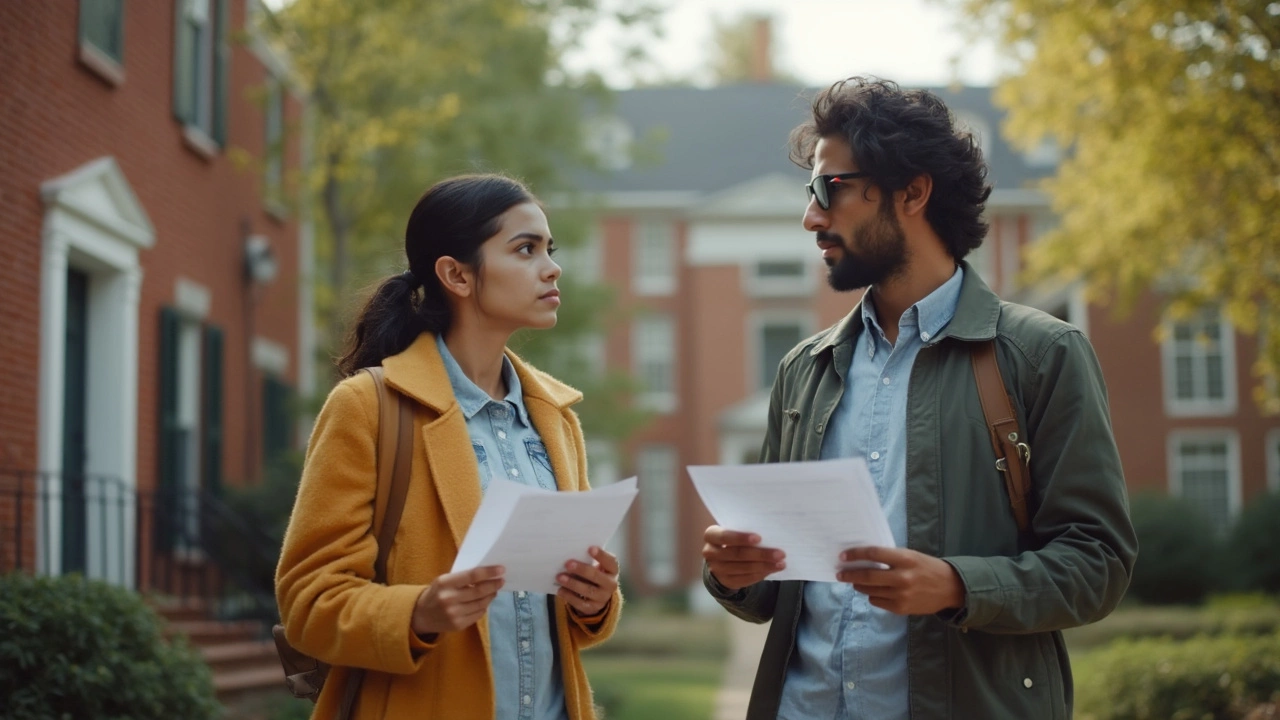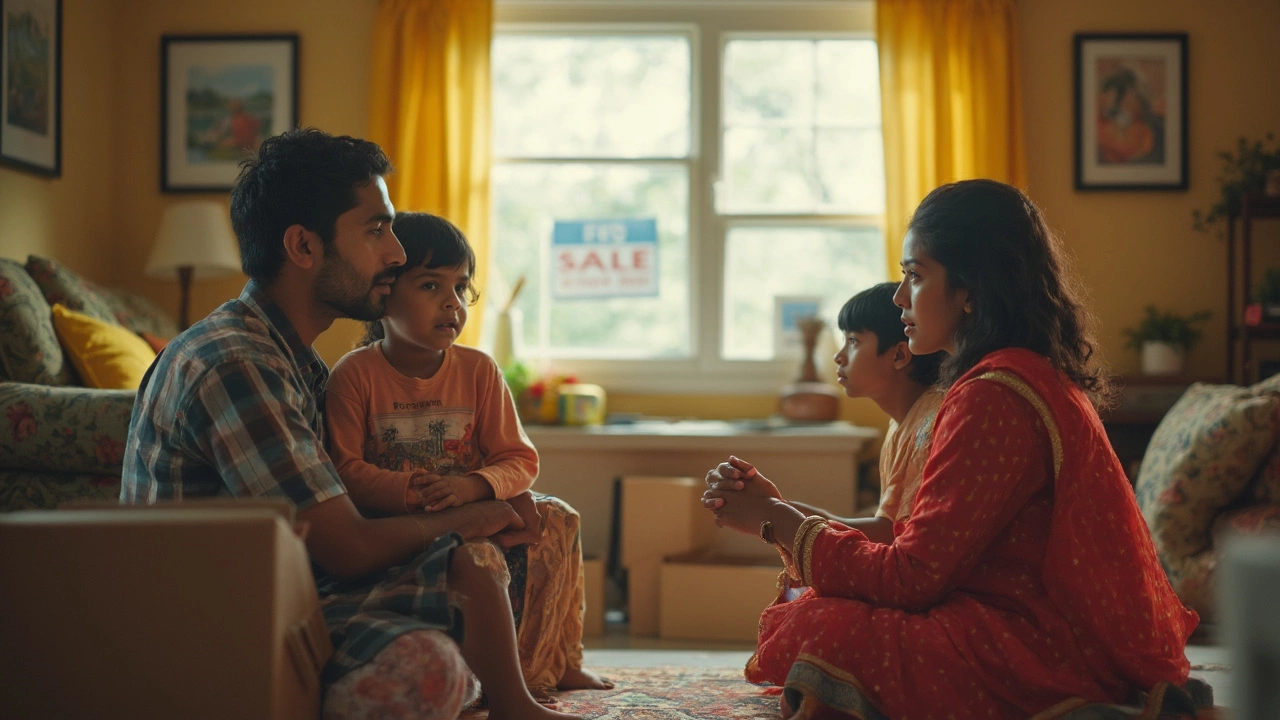Virginia offers a mix of city life, suburban comfort, and rural quiet. Whether you’re moving for a job, school, or a fresh start, the first question is always the same: how much will rent cost and where can you get the best value? This guide breaks down the biggest factors, points you to the most affordable towns, and gives you a simple checklist to keep the process smooth.
Big cities like Arlington and Alexandria have prices that rival major metros. A one‑bedroom there can easily top $1,500 a month. If you’re looking to save, head to Southside or Southwest Virginia. Towns such as Danville, Bristol, and Blacksburg regularly list one‑bedroom apartments between $700 and $900. These areas also have lower utility costs and shorter commutes if you work locally.
Another hidden gem is Richmond’s West End. It’s close enough to the downtown core for occasional trips, yet the average rent stays under $1,200 for a two‑bedroom. When you compare that to the national average, you’re getting a lot of space for less cash.
1. **Set a budget** – Aim for no more than 30 % of your monthly income. Include utilities, internet, and parking in that number. 2. **Pick a priority list** – Write down the top three things you need: pet‑friendly, public transport, or a gym on site. This helps you filter listings fast. 3. **Use local sites** – While big portals are useful, Virginia‑specific boards like VirginiaRentals.com or local Facebook groups often have unlisted units. 4. **Visit in person** – Even a quick walk‑through can reveal issues that photos hide. Check for broken locks, water pressure, and noise levels. 5. **Read the lease** – Look for hidden fees. Some landlords charge a “maintenance” fee that adds $50 a month. Make sure you know the policy on early termination and security deposits.
Don’t forget to ask about rent‑control or rent‑stabilization rules. Virginia doesn’t have statewide rent control, but some cities have local ordinances that limit how fast rent can rise.
If you have a pet, ask about pet deposits versus monthly pet rent. In many suburban areas, a one‑time $200 deposit replaces the standard $25‑$50 monthly pet charge.
Lastly, keep your paperwork ready. A recent pay stub, a short cover letter, and a reference from a previous landlord can move your application to the top of the list.
Renting in Virginia doesn’t have to be overwhelming. By focusing on affordable regions, setting clear priorities, and mastering the application basics, you’ll find a place that fits your lifestyle and budget. Happy house hunting!

Curious if landlords in Virginia can ask renters to earn three times the monthly rent? This article digs into what the law actually says, why the 3x rule is common, and whether it's fair or legal. You'll get real tips for renters facing strict income requirements and what you can do if you're turned down. Expect straightforward explanations without the legal jargon. Whether you're house hunting or just trying to avoid headaches, this is info you need to know.

Thinking your landlord might sell the home you’re renting in Virginia? You’re not alone—this happens more often than you’d think. This article unpacks what tenants can really expect, whether your lease is monthly or yearly. You’ll learn exactly what happens when a landlord puts their property on the market, plus tips for protecting yourself. No nonsense, just straight answers with examples and practical advice you can actually use.